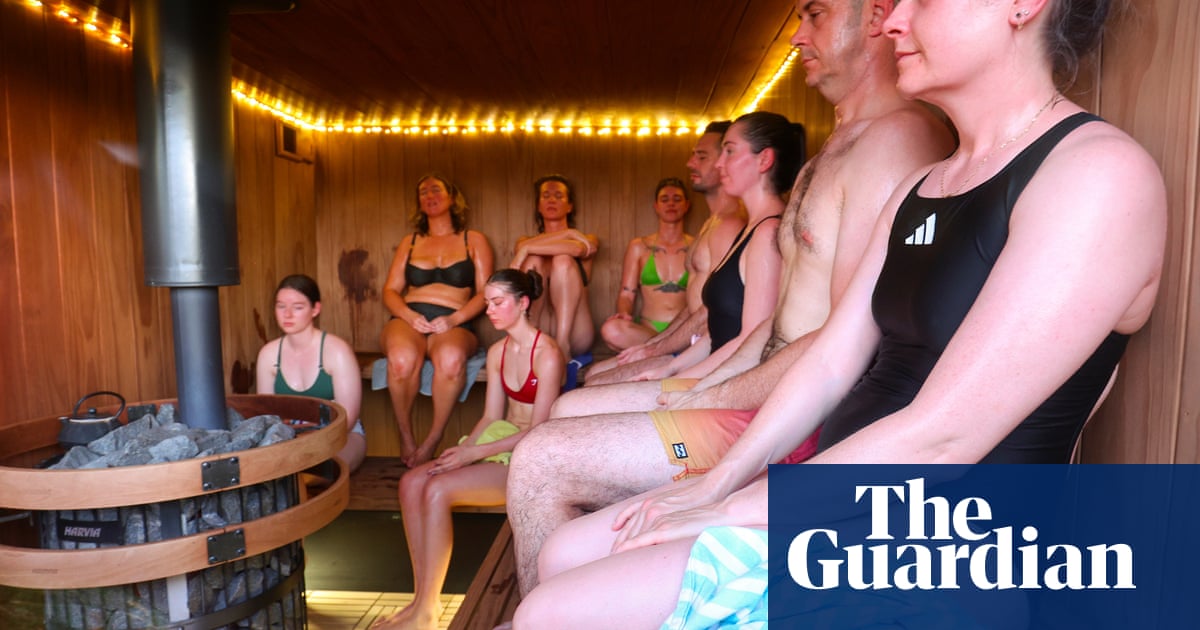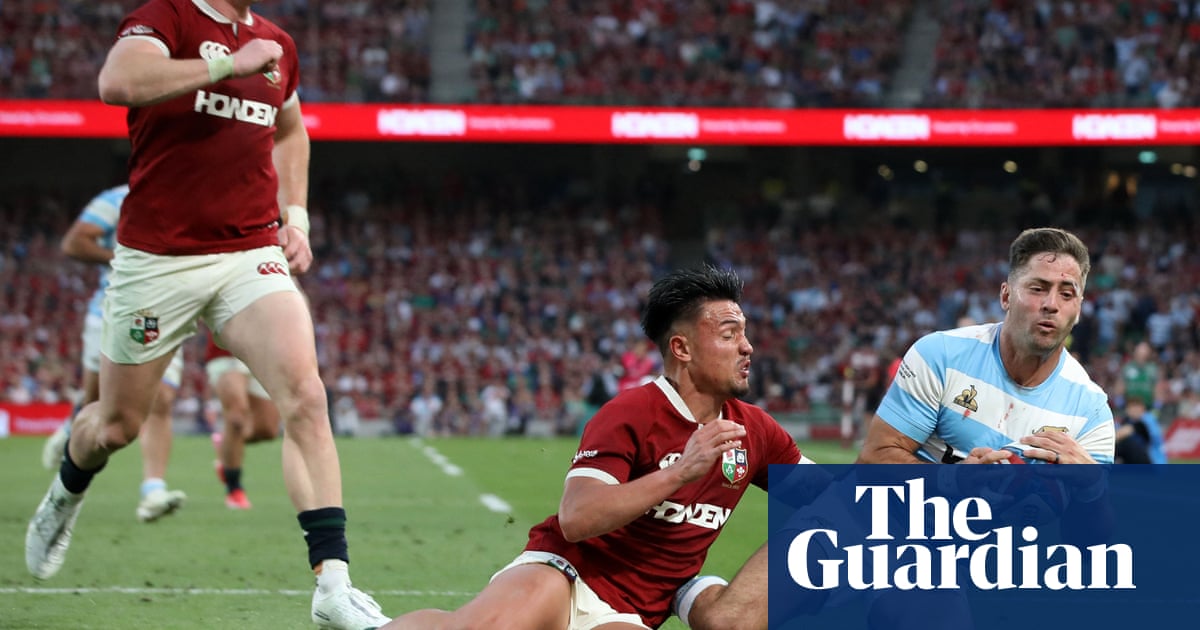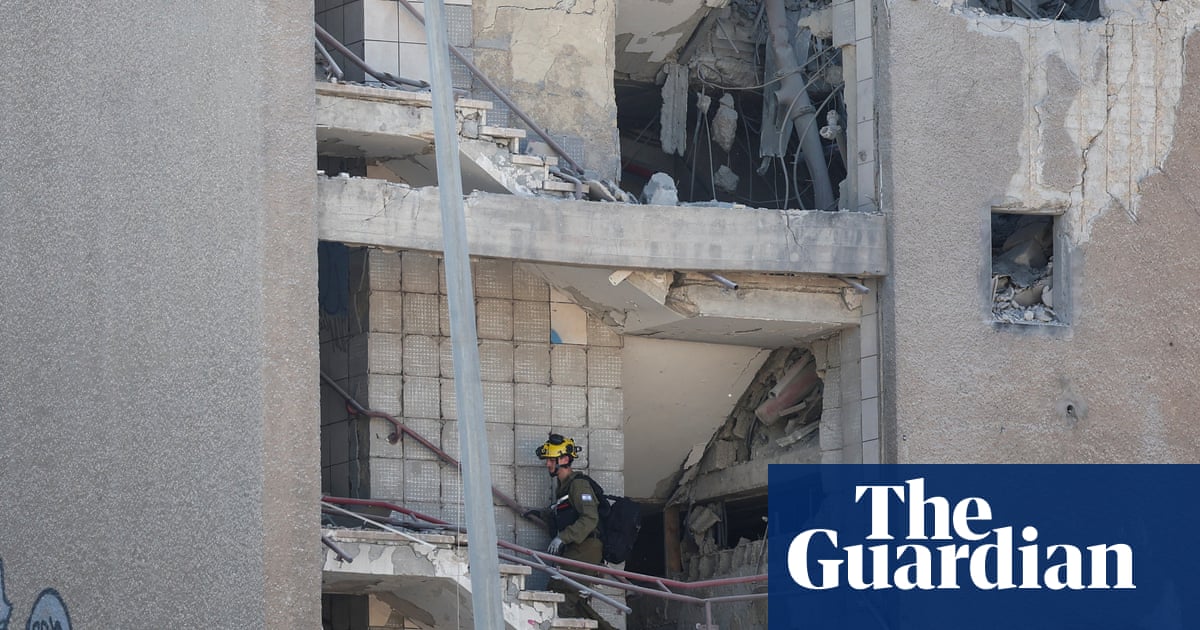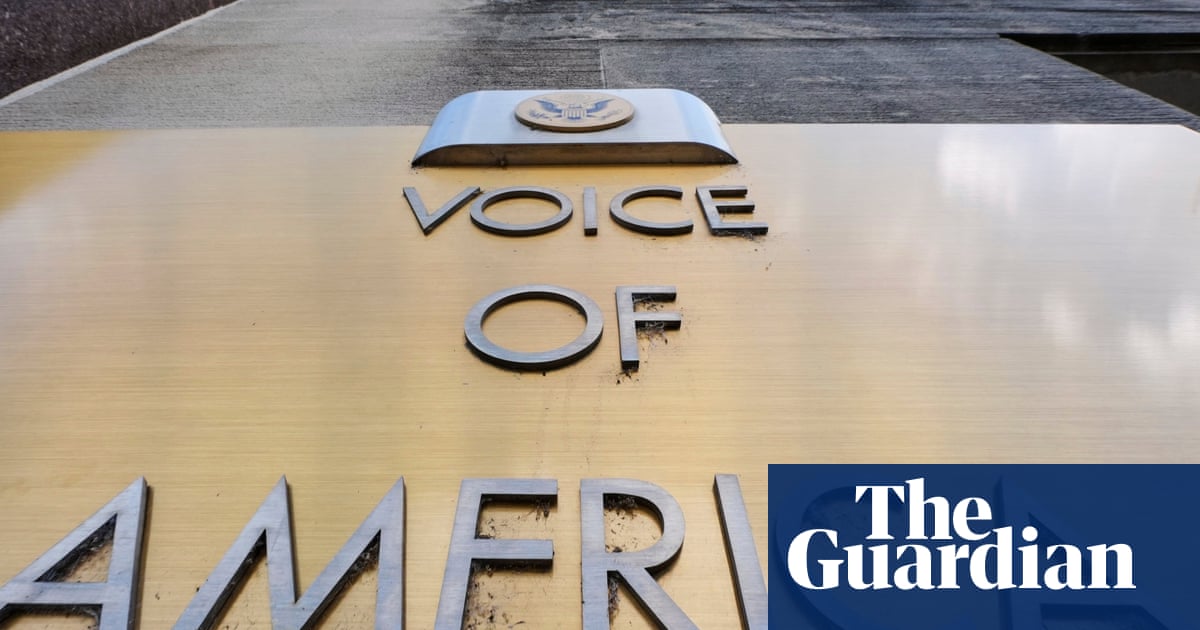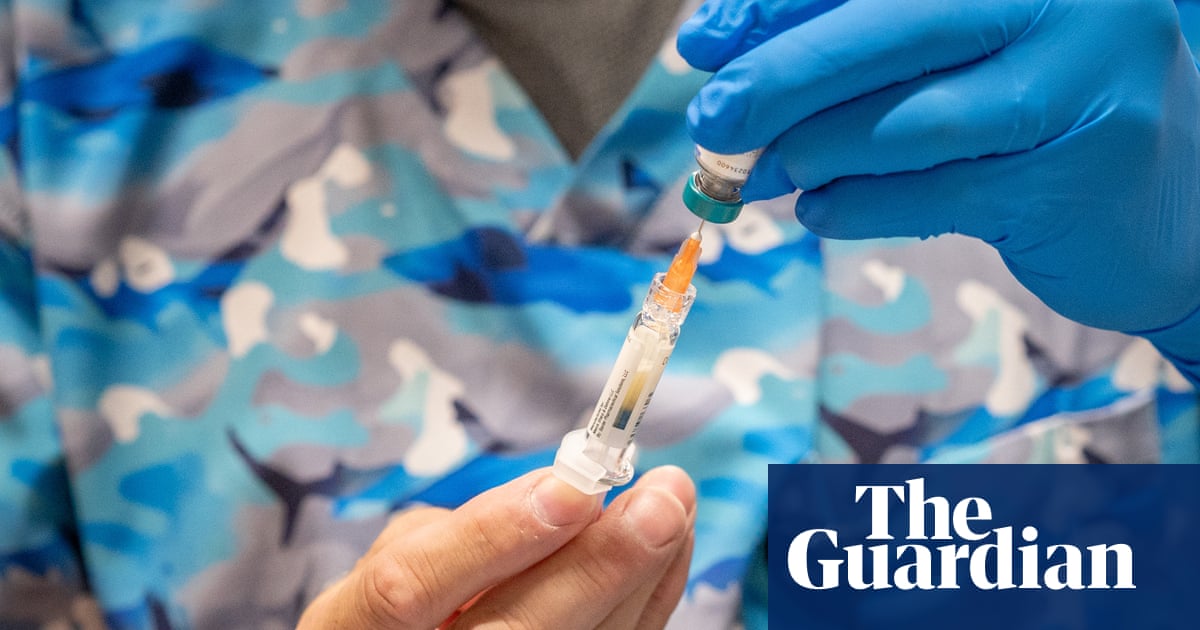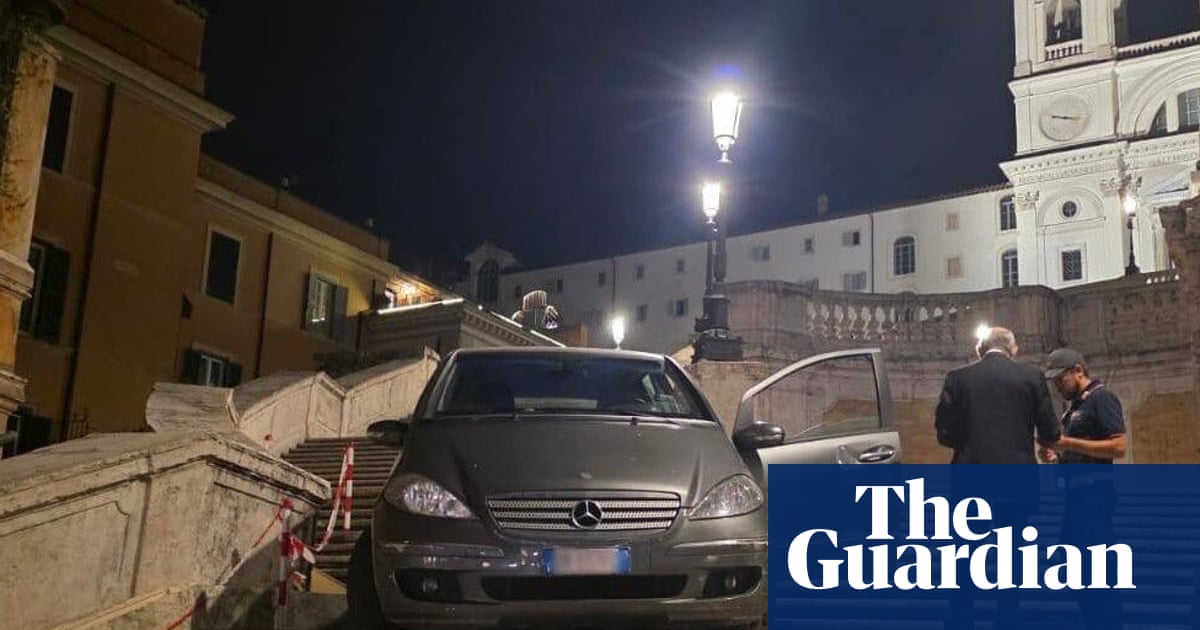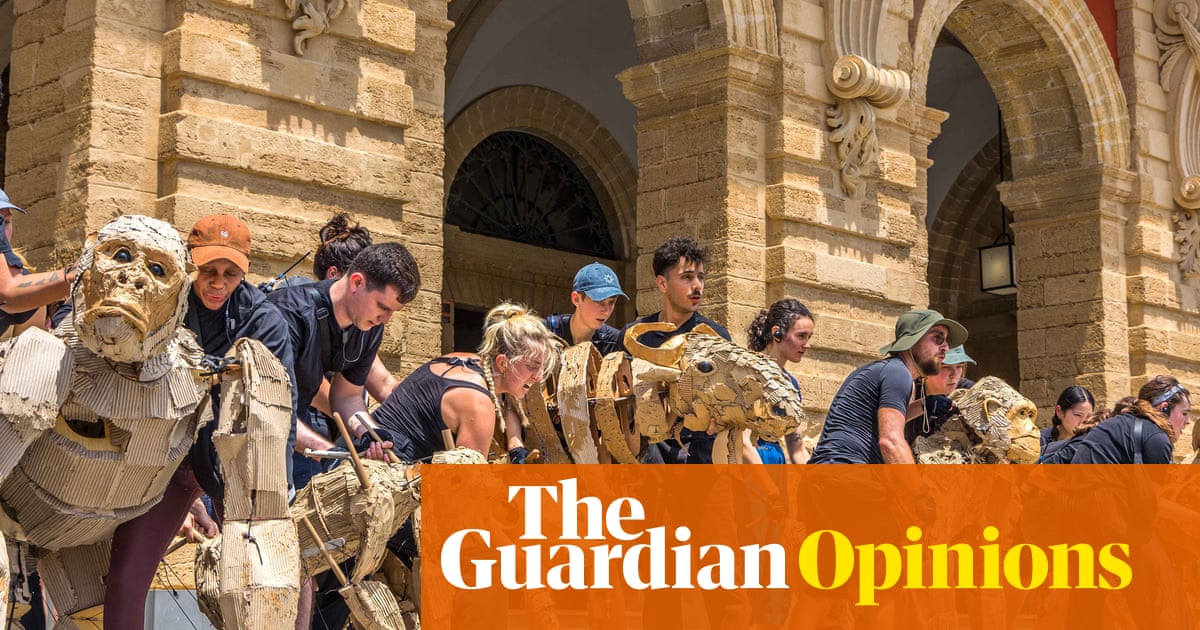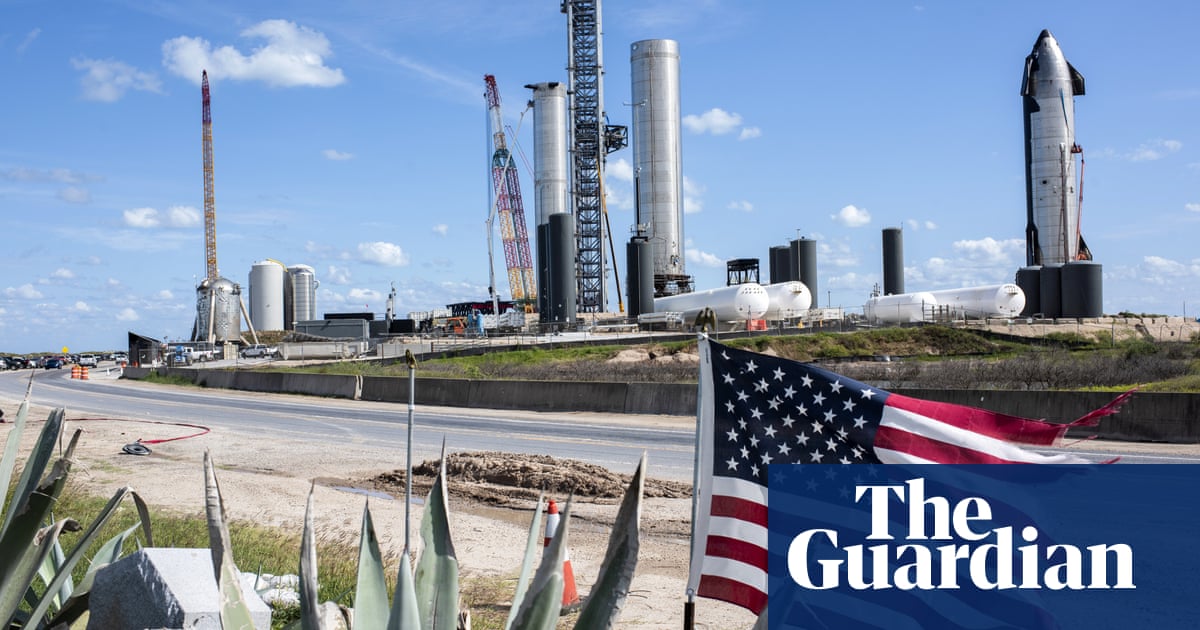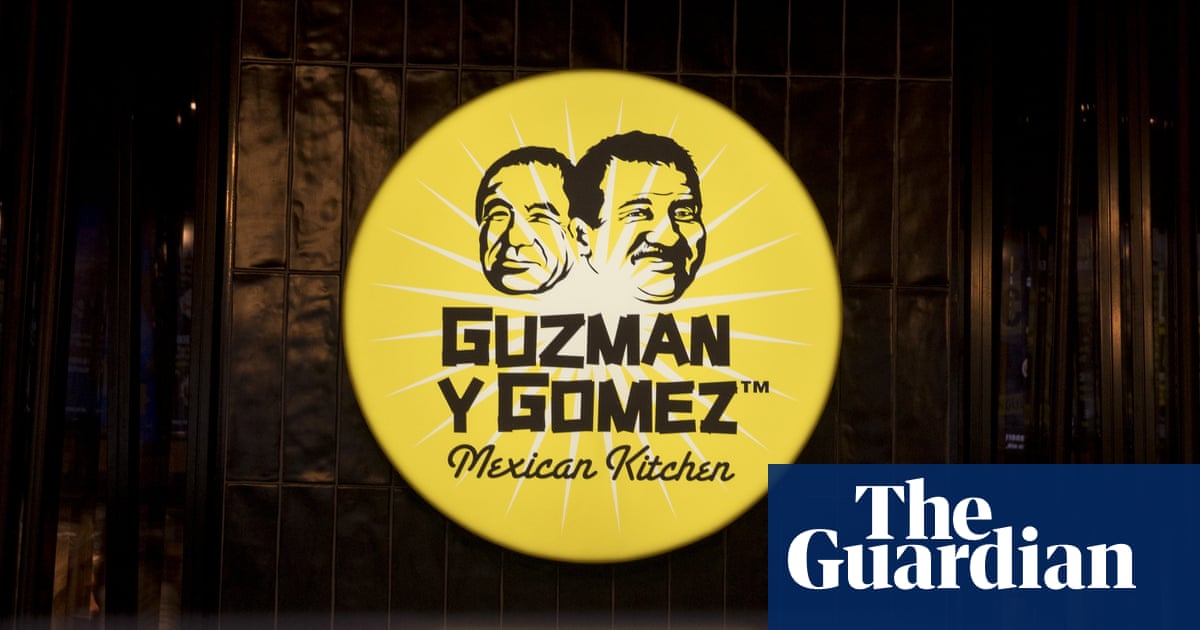California’s challenge of the Trump administration’s military deployment on the streets of Los Angeles returned to a federal courtroom in San Francisco on Friday after an appeals court handed Donald Trump a key procedural win in the case.
Friday’s hearing comes a day after the ninth circuit appellate panel allowed the president to keep control of national guard troops he deployed in response to protests over immigration raids.
The appellate decision halted a temporary restraining order from US district judge Charles Breyer, who found Trump acted illegally when he activated the soldiers over opposition from California’s governor, Gavin Newsom.
Despite the appellate setback, California’s attorneys are expected to ask Breyer on Friday for a preliminary injunction returning control of the troops in Los Angeles to Newsom.
Protests in LA kicked off two weeks ago, over aggressive immigration raids at workplaces in the region. While the protests have been intense at times, with occasional vandalism in violence, much of the turbulence remained restricted to a few blocks downtown. There’ve been few demonstrations this week, though the immigration raids have continued unabated.
Trump has argued that the troops have been necessary to restore order. Newsom has said their presence on the streets of America’s second largest city were not only unnecessary to keep calm, but inflamed tensions in the city, usurped local authority and wasted resources.
California challenged Trump’s move to call up more than 4,000 national guard troops and about 700 active-duty marines to Los Angeles shortly after Trump deployed the troops over Newsom’s objections. While Breyer had ruled that Trump had overstepped his legal authority, which he said allows presidents to control state national guard troops only during times of “rebellion or danger of a rebellion.”
“The protests in Los Angeles fall far short of ‘rebellion’,” wrote Breyer, a Watergate prosecutor who was appointed by Bill Clinton and is the brother of retired supreme court justice Stephen Breyer.
The appellate panel on Thursday ruled otherwise, saying presidents don’t have unfettered power to seize control of a state’s guard, but said that by citing violent acts by protesters in this case, the Trump administration had presented enough evidence to show it had a defensible rationale for federalizing the troops.
The ruling means the California national guard will stay in federal hands as the lawsuit proceeds. It’s the first deployment by a president of a state National Guard without the governor’s permission since troops were sent to protect civil rights marchers in 1965.
Trump celebrated the appellate ruling in a social media post, calling it a “BIG WIN” and hinting at more potential deployments. “All over the United States, if our Cities, and our people, need protection, we are the ones to give it to them should State and Local Police be unable, for whatever reason, to get the job done,” Trump wrote.
Newsom has warned that California won’t be the last state to see troops in the streets if Trump gets his way. “The president is not a king and is not above the law. We will press forward with our challenge to President Trump’s authoritarian use of US military soldiers against citizens,” the governor said.

 5 hours ago
8
5 hours ago
8




